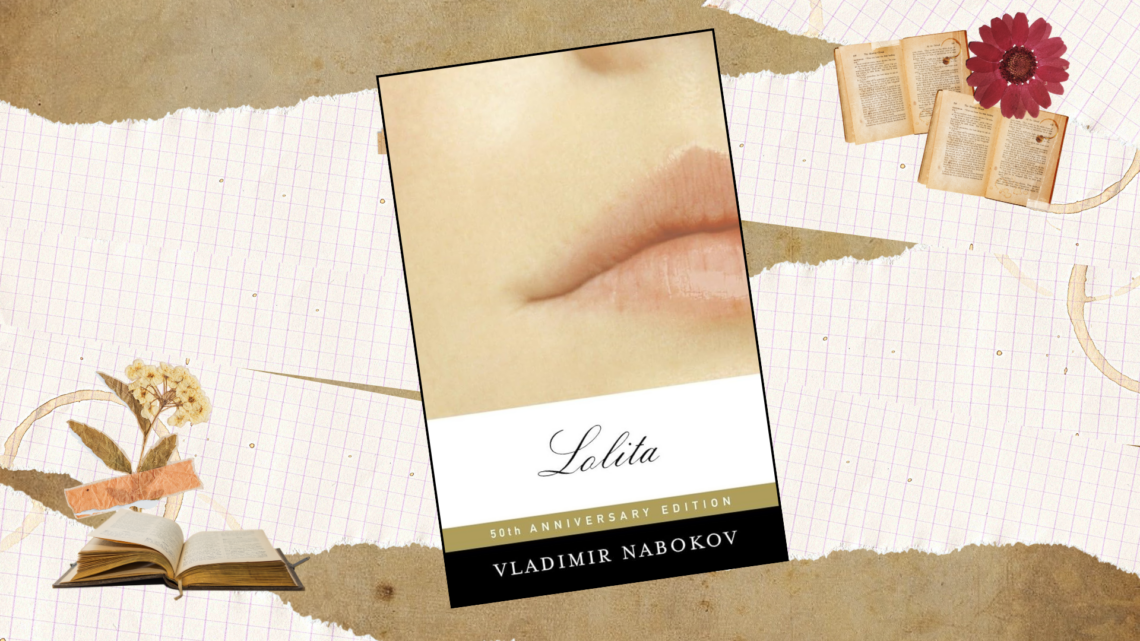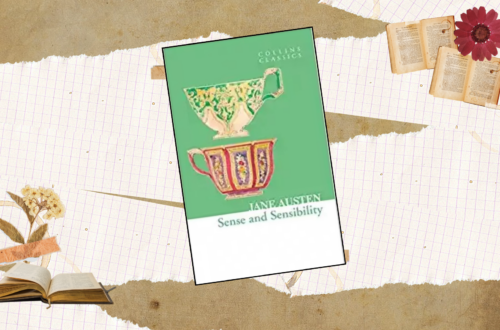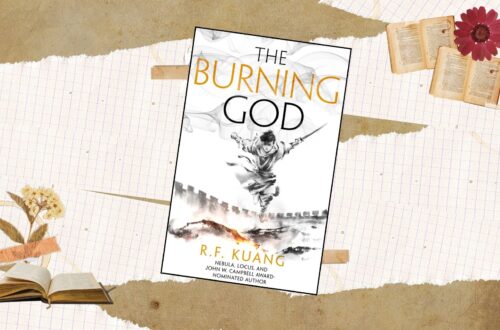I have mixed feelings about Vladimir Nabokov’s Lolita. On one side, I want to appreciate the lyrical mastery of the prose; on the other, I’m disgusted at how this very prose portrays our narrator, Humbert Humbert, not as much as a monster as it does a mere protagonist in passing. With Humbert’s self-assured narrative, my problem with this book is that it seems to trivialize heavy matters such as sexual assault and pedophilia. The result of this is astonishing, even in critical reviews of this classic—the fact that there are debates going on about Humbert’s true position around Dolores, whether he truly loved her or not, is enough to show how laxly these heavy matters were portrayed in the novel. The self-assured portrayal of Humbert is the very thing that makes this book sickening. But that’s also the thing about this book: if you can write well enough, you can write anything.
Of course, with a controversial piece like this one, the novel is almost entirely based on how you interpret it. The problem with this book is that it’s almost taken the wrong way, mostly due to Humbert being a very unreliable narrator. While reading this book, I always got the feeling of reading a buffed-up, steroid-induced version of the actual scenery—this usually resulted in a fairy-like film of what Humbert wants to see, including his delusions of Dolores being seductive or leading him on. But, with Dolores being merely twelve to fourteen at the time, it’s vile to even think of such a possibility. As the story folds out, there are many hints to Dolores’s trauma fueled by these sexual acts.
He broke my heart. You merely broke my life.
Dolores in Lolita
However, this book isn’t such a heavily acclaimed classic for its controversy. As much as it is sickening, it offers us an exploration of the predatory mind. This book is more like a study of Humbert Humbert’s character, if anything. The sheer eloquence and facade of his sentences are enough for us to nitpick the psychology behind his actions and observe the various hints scattered throughout that penetrate his unreliable narrative. This gives the book a multi-layered quality: under Humbert’s facade are, from time to time, the scenes and thoughts surrounding a character that remind us of his true nature.
This book is often described as “comedic”, often pitting Humbert Humbert as a “poor, doomed” character; I, however, cannot agree with these descriptions. Past the facade of Humbert’s narrative, we see a deeply disturbed man pouncing at the possibility of ruining a girl’s life. This book is complex, reaching even further than the roots of Humbert Humbert’s mind–we are given a glimpse into the life of a girl, made traumatized, parentless, and inconsolable by Humbert’s sullen hands.
Lolita is a work worthy of study, but I can’t bring myself to give it five stars due to its outwardly ambiguous approach to such heavy topics. Thinking about this book makes me feel at a loss.
~4 stars
Written in Sep. 8 2023





